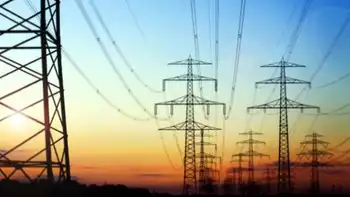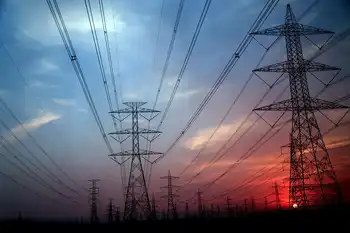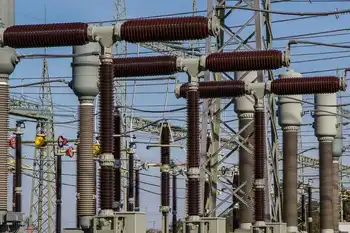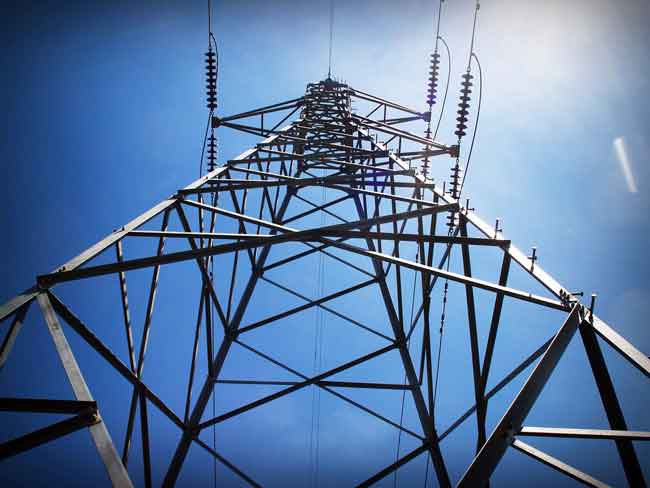Tax credit for clean vehicles overlooks plug-ins
Kanab restaurateur Victor Cooper learned that lesson the hard way. After claiming a $1,800 tax credit, he found out his tiny electric car — a plug-in vehicle not much bigger than a golf cart — didn't qualify for the same kind of credits extended to owners of hybrids and vehicles that run on compressed natural gas.
"How can a zero-emissions vehicle not get a clean-emissions credit, but a vehicle that does have emissions gets it?" said Cooper, who uses his GEM-ES for errands around town. "This is idiotic. This is bureaucracy at its worst."
Lawmakers initially wrote the tax credits to attract a growing number of compressed natural gas vehicles to Utah's roads. The law was updated in 2008 to include owners of hybrid gas-electric cars.
But to get the credits — which range from $750 to $2,500 — the law said the vehicle has to compare to a similar model that runs on gasoline or diesel, according to Cheryl Heying, director of the state Division of Air Quality.
"It's not that we have anything against these types of vehicles," she said. "It's what the legislators decided."
State Rep. Mike Noel, R-Kanab, said he was surprised to learn of the oversight for electric plug-ins. He said he plans to propose a change to close that loophole. His colleagues, he said, should support the change.
"The more we go to electrics and hybrids, the less requirement we have for fossil fuels," he said. "That's a good thing."
Utah isn't alone in overlooking the plug-ins for tax incentives, according to Paul Scott, vice president of the California-based electric car advocacy group Plug In America. Federal officials only this year began offering an electric car tax credit, which ranges from $2,500 to $7,500, he said. Few states have followed.
His group is pushing for tax credits in all states along with a higher gas or carbon tax to make electric cars more competitive. Many of the cars — including the smaller one that Cooper drives — are becoming more popular, especially as second vehicles for a family, Scott said.
"They're not right for everyone, but they work for many," he said.
Related News

94,000 lose electricity in LA area after fire at station
LOS ANGELES - About 94,000 customers were without electricity Saturday night after the Los Angeles Department of Water and Power shut down a power station in the northeast San Fernando Valley that caught fire, the agency said.
The fire at the station in the Northridge/Reseda area of Los Angeles started about 6:52 p.m. and involved equipment that carries high-voltage electricity and distributes it at lower voltages to customers in the surrounding area, the department said.
The department shut off power to the station as a precautionary move, and it is restoring power now that the fire has been put out. Initially, 140,000…




